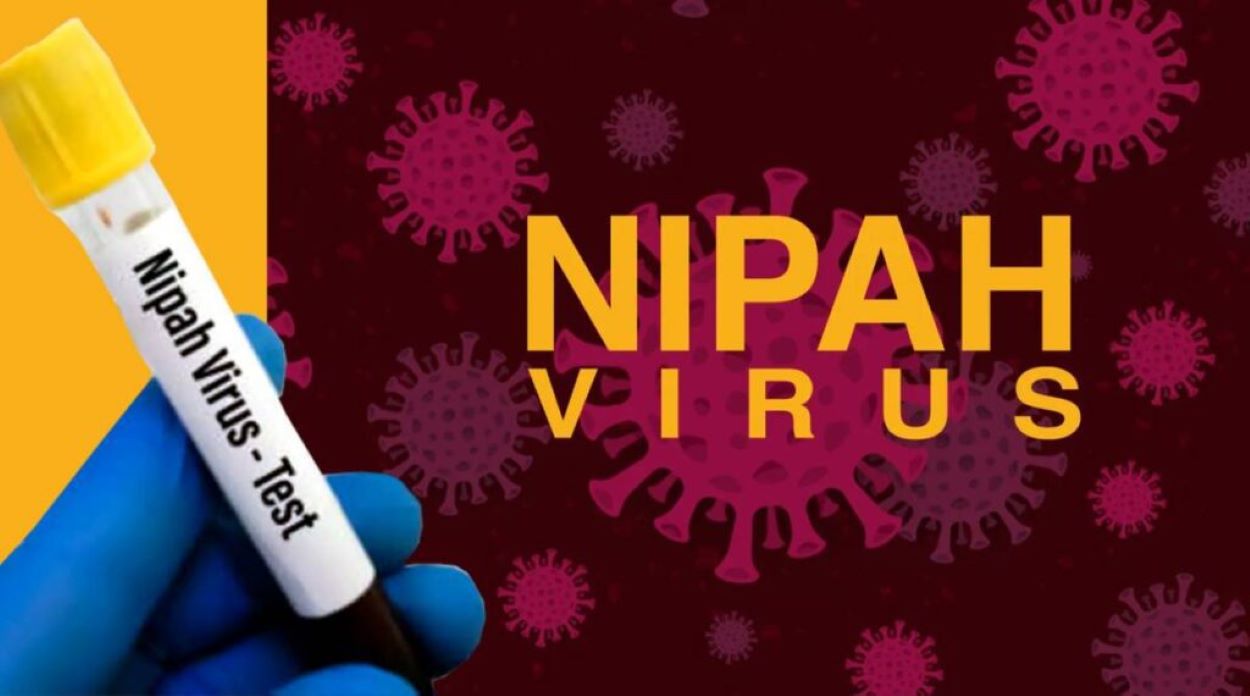Amid concerns about the potential transmission of the Nipah virus to Pakistan, the Sindh Health Department has taken a proactive stance by releasing an advisory. This move is especially pertinent given the escalating situation in neighbouring India, where the virus has already been linked to over 100 deaths.
Advisory Details and Precautions
The director of health in Sindh has contacted hospitals across the state, advising medical superintendents, directors, and livestock departments to exercise utmost caution. The virus, known for its swift transmission among people and from animals to humans, has symptoms ranging from fever, headaches, and body pains to more severe manifestations like coma. Although no Nipah cases have been reported in Sindh, the alertness is justified by the increasing number of affected individuals in India.
Understanding the Nipah Virus
Nipah virus (NiV) is a formidable pathogen that can be transmitted from animals, particularly fruit bats, to humans. The transfer can occur through direct contact with these infected animals, their saliva, urine, or other bodily fluids, or indirectly via contaminated food or water. Symptoms vary from fever, cough, and sore throat to more severe conditions like encephalitis (brain inflammation) and acute respiratory distress syndrome (ARDS). The virus has a notably high fatality rate of 40% to 75%.
The transmission of NiV can occur through various modes. These include direct contact with infected bats, consumption of contaminated food or water, or contact with bodily fluids from an infected person.
It’s essential to understand that there’s currently no specific treatment for this virus. However, supportive care, including hydration, oxygen provision, and symptom management, can potentially improve survival chances.






